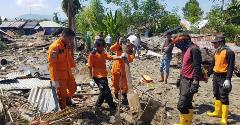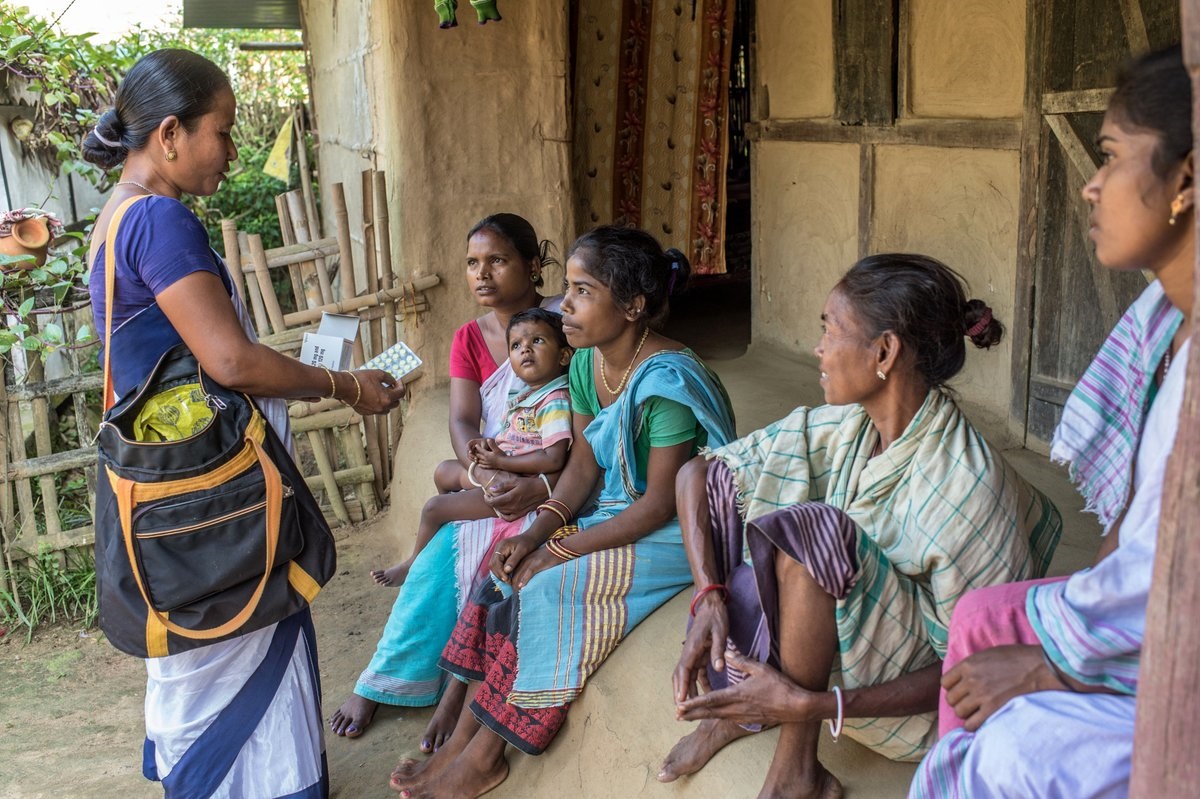
Noncommunicable diseases in the South-East Asia
Noncommunicable diseases (NCDs), principally cardiovascular diseases, cancer, diabetes and chronic respiratory diseases, impose a major and growing burden on health and development in the South-East Asia Region.
In the region, 62% of all deaths are due to NCDs accounting for 9 million persons. Of particular concern is the high proportion of premature mortality from NCDs (deaths before 70 years of age).
Technical links













